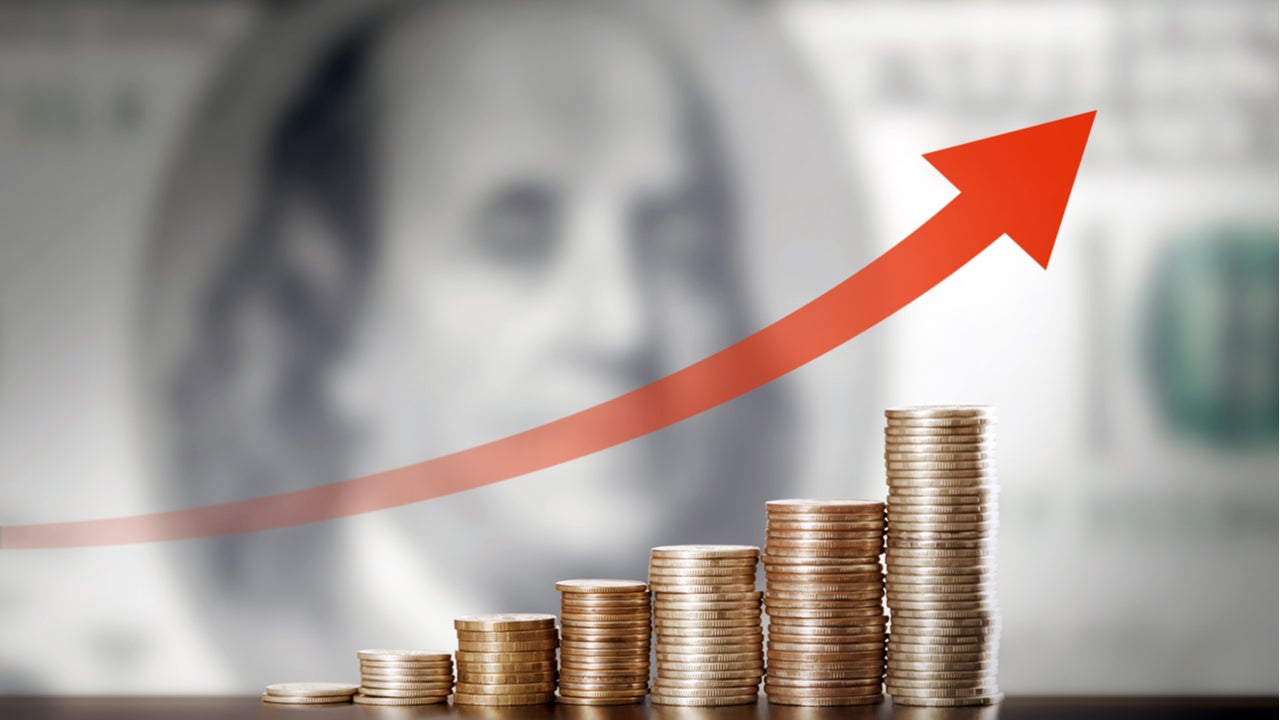
Economists believe that every war and pandemic is different. However, one distinct feature of the current pandemic is the size of the government response, which can be argued was necessitated by a large collapse in private sector demand.
Fabio Ghironi
Professor Fabio Ghironi, an economist, retweeted an article on the economic consequences of the Covid-19 pandemic, which is often being compared to the aftermaths of a war prompting fears of rising inflation and high bond yields. However, economists also believe that historically, pandemics and wars have had diverging effects.

Discover B2B Marketing That Performs
Combine business intelligence and editorial excellence to reach engaged professionals across 36 leading media platforms.
The paper examines data extending back to the Black Death in the 1300s to compare inflation and government bond yield behaviour in the aftermath of 12 largest wars and pandemics. It shows that both inflation and bond yields typically rise in wartime but remain relatively stable during the pandemics.
Results of the study also found inflation to typically rise both during and especially in the aftermath of major wars, with median inflation peaking at 8% one year after the war ended. In contrast, inflation typically remained weak during the pandemics and declined in their aftermath, with median inflation dropping to less than zero one year after the pandemic ended and fluctuating near zero for nine years after the pandemic ended.
Experts maintain that history does not provide any evidence of higher inflation or higher bond yields being a natural consequence of major pandemics. In fact, pandemics do not result in loss of physical capital, and in case of loss of life can result in an increase in the capital-labour ratio. On the contrary, wars are often associated with the widespread destruction of physical capital and overheating of the economy.
Inflation in the aftermath of wars and pandemics | VOX, CEPR Policy Portal https://t.co/a9zf0mmRxM
 GlobalData Strategic Intelligence
GlobalData Strategic IntelligenceUS Tariffs are shifting - will you react or anticipate?
Don’t let policy changes catch you off guard. Stay proactive with real-time data and expert analysis.
By GlobalData— Alejandro C. García (@agcintado) April 15, 2021
David Boaz
David Boaz, executive vice president of the Cato Institute, an American libertarian think tank, retweeted an article on the late economist Milton Friedman having explained why the incentives the US Food and Drug Administration (FDA) faces produce perverse outcomes, and why the US would be better off without it. This has come in the light of the FDA blocking Johnson & Johnson’s and AstraZeneca’s Covid-19 vaccines.
The FDA has recommended the federal and state governments to pause the use of the Johnson & Johnson Covid-19 vaccine. Approximately seven million Americans have already received the single-dose jab. The FDA blocked the use of the vaccine after six women aged between 18 and 48 years developed blood clots after taking the vaccine. While one is critical and hospitalised, another died. The FDA is likely to stop vaccinations at federal facilities.
Many US states such as Connecticut, New York, and Ohio have actively paused the administration of the J&J Covid-19 vaccine. Critics fear that pausing vaccinations as such a crucial stage of infection flares will leave a majority of the Americans unprotected from the virus and also weaken their confidence in Covid-19 jabs.
The European Medicines Agency (EMA) was able to establish that the blood clot disorder was a rare side effect of the AstraZeneca vaccine.
However, European countries continued to vaccinate older people, while restricting it in the younger population. Meanwhile, Australia announced that it will stop purchasing the Johnson & Johnson vaccine, citing it uses adenovirus.
However, experts argue that there is no evidence that suggests that adenovirus‐based vaccines in particular cause rare blood clots linked with low platelet levels.
The late Nobel Prize-winning economist Milton Friedman explained why the incentives the FDA faces produce perverse outcomes, and why we would be better off without it. https://t.co/hsoVMbhpPd #CatoHealth #CatoCOVID pic.twitter.com/weRH8SqBjh
— Cato Institute (@CatoInstitute) April 15, 2021
Shane Oliver
Shane Oliver, an economist, retweeted a research on a real-world study of more than one million people in Israel, and the effect of the Pfizer-BioNTech Covid-19 vaccine (BNT162b2 mRNA) in a nationwide mass vaccination settling.
The study revealed vaccine effectiveness against the coronavirus infection to be 92%, seven days after being administered the second dose.
Estimated effectiveness in preventing death from Covid-19 was 72% for 14 days through 20 after the first dose.
Effectiveness in specific subgroups of the population assessed for documented infection and symptomatic Covid-19 was consistent across age groups, with slightly lower effectiveness in people with other multiple co-existing conditions.
The study confirmed that the vaccine is effective for a wide range of Covid-19-related outcomes, a finding that is consistent with the results of the randomised trial.
Wow!
Real world study of over 1m people in Israel.
Vaccine effectiveness against *infection* 7 days after second dose 92%!https://t.co/bbUZQ09EBT pic.twitter.com/W5KwxGbE7l
— Ryan (@ThatRyanChap) April 15, 2021



